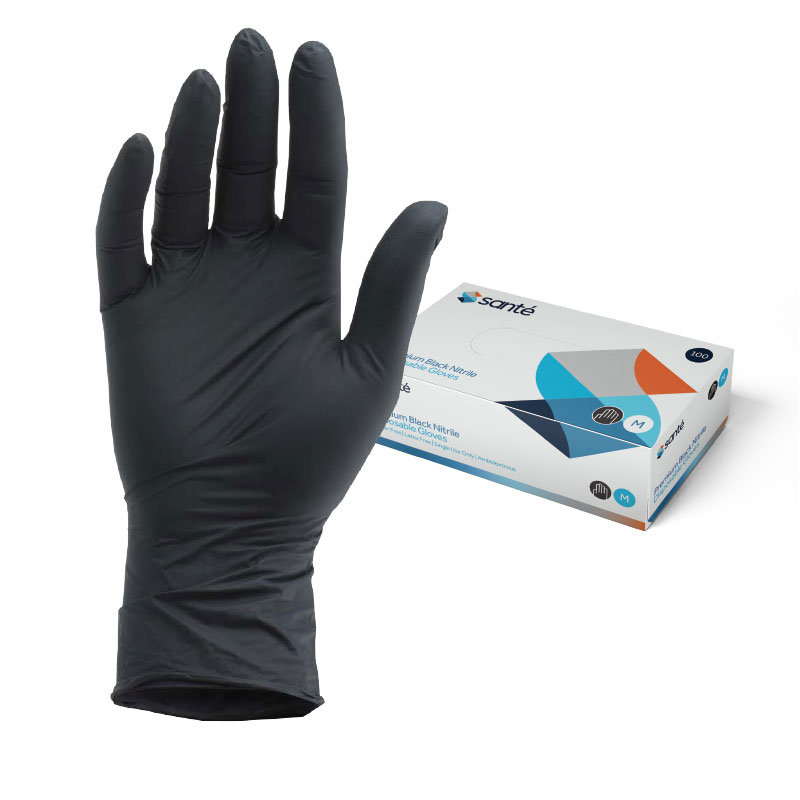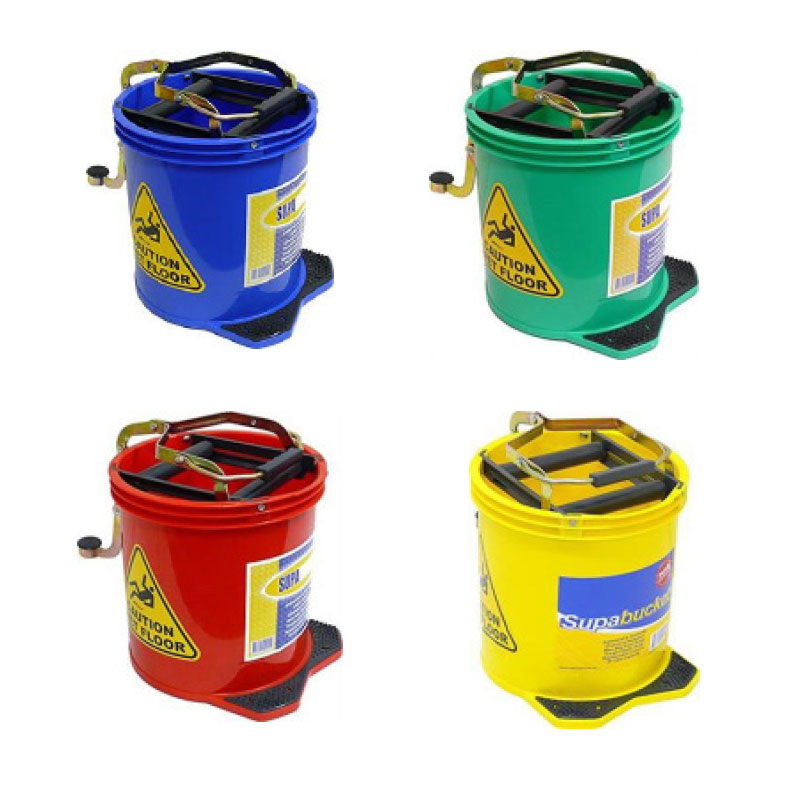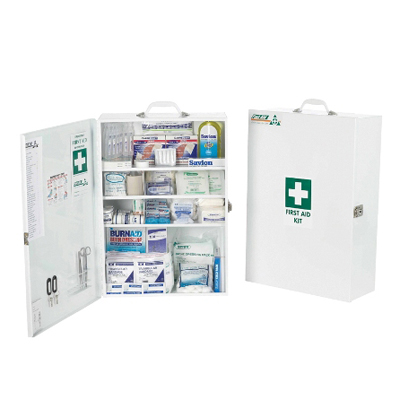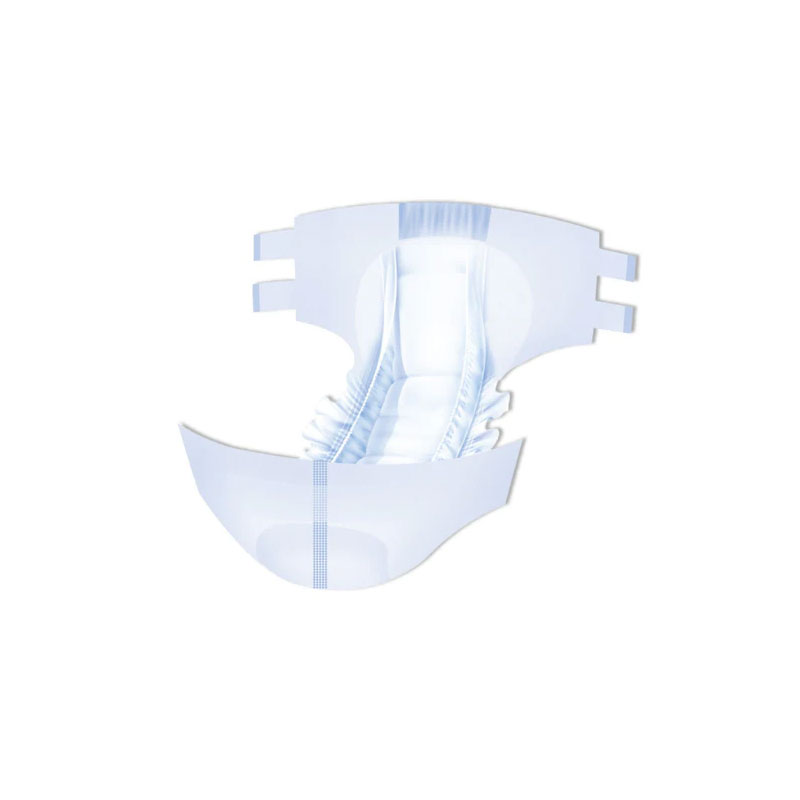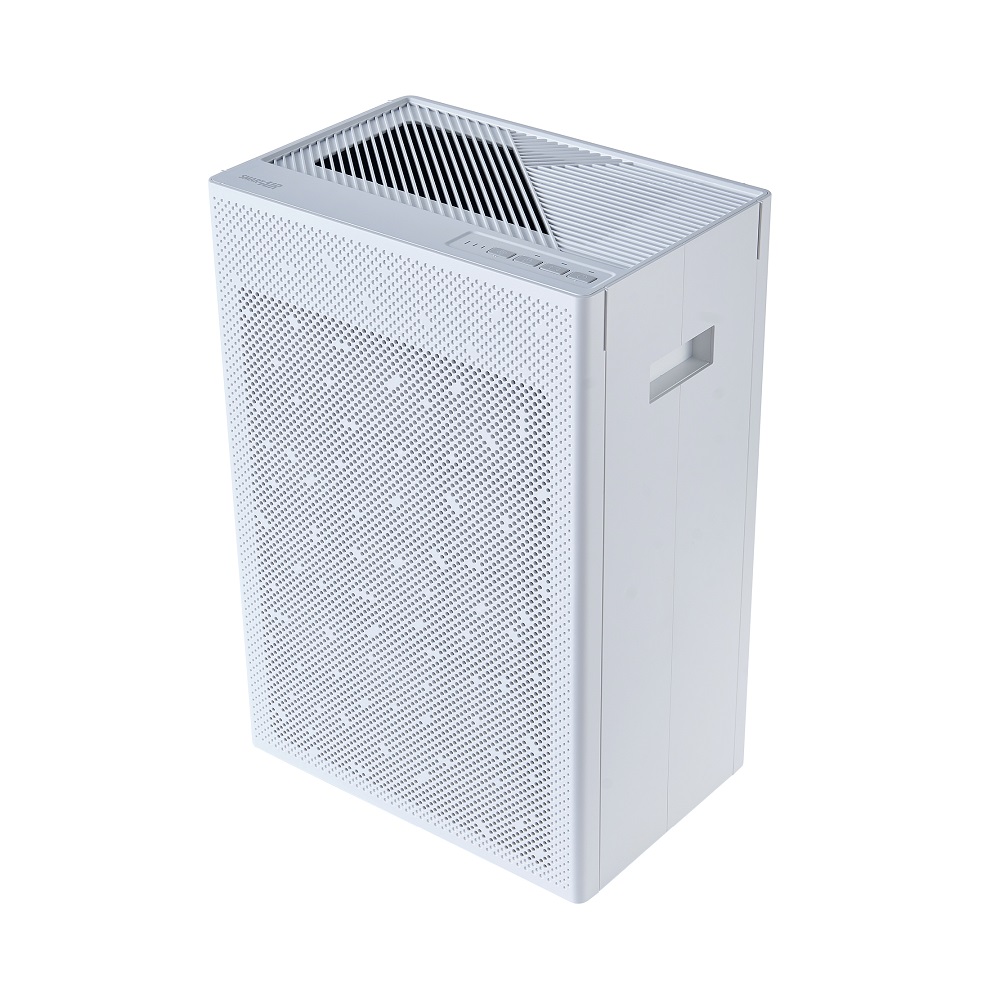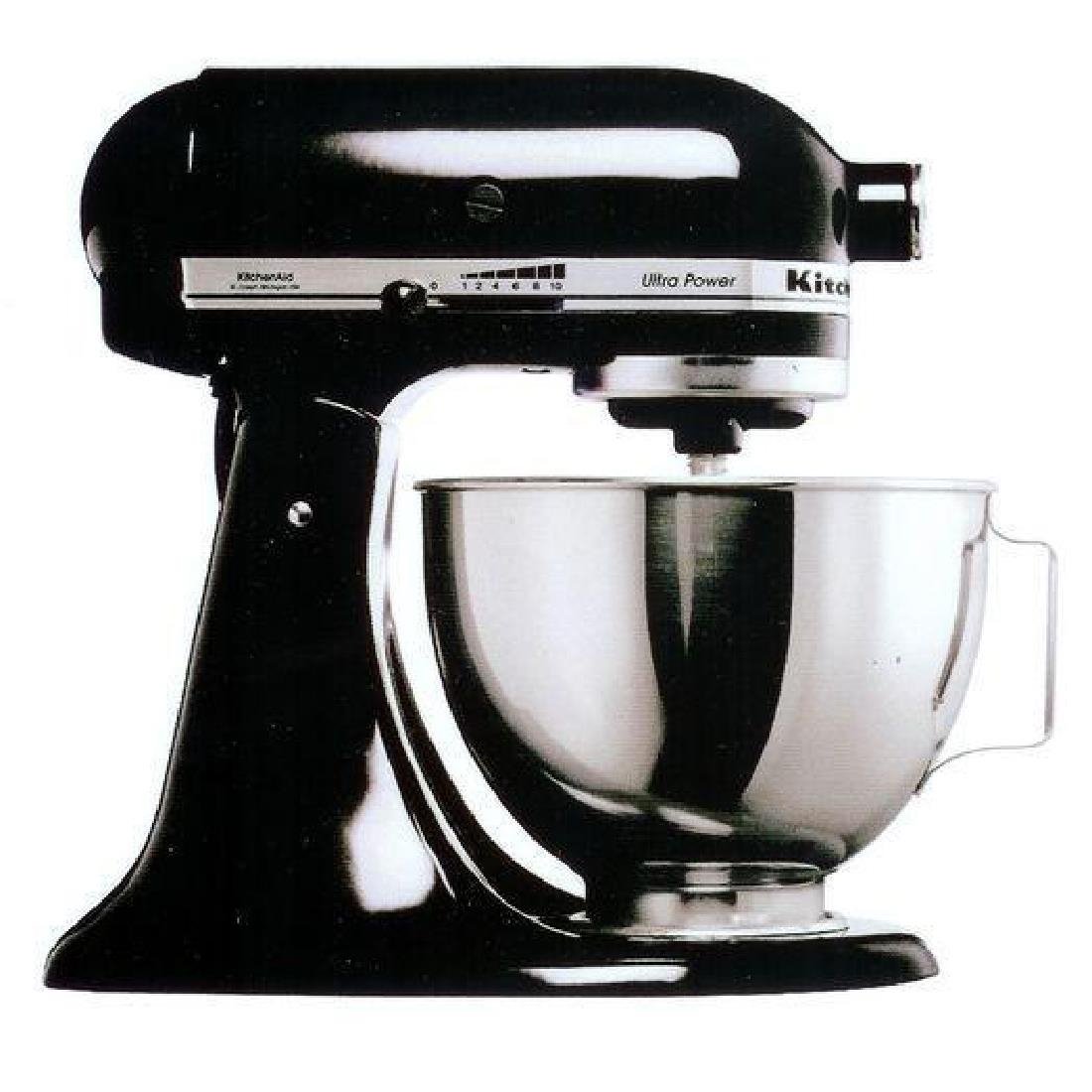Which Air Purifier Should I Buy?
Spring has arrived in Australia, marking the start of hayfever season! 🤧 Our thoughts are with all those grappling with seasonal allergies, including our writer, Mike. Last year, he penned a handy blog post on combatting allergens with HEPA filters, which you can check out here.
With a myriad of air purifiers flooding the market, you might be wondering where to begin. Here’s a quick checklist to help you make an informed decision.

1. What grade is the HEPA filter?
It’s not just about having a HEPA filter; it’s about having one that can effectively capture almost all those tiny allergenic particles in the air. “True grade” HEPA filters (H10 to H12) can trap 99.95% of particles as small as 0.3 microns. Meanwhile, “medical grade” filters (H13 and H14) can capture an impressive 99.995% of these particles.
Do you need a “medical grade” HEPA filter for your home, office, or school? Not necessarily. Any HEPA air purifier is better than none, even with a “true grade” filter. However, having an H13 or H14 air filter might bring some peace of mind, especially in times when new COVID variants seem as frequent as new iPhone models. In the past, medical grade filters used to be pricey to replace, but luckily, all Smart Air air purifiers now come with affordable replacement H13 grade HEPA filters.
2. How effective is the air purifier in cleaning air?
Not all air purifiers are equally efficient at cleaning the air in a room. Look for the Clean Air Delivery Rate (CADR), which is a third-party test that indicates how well an air purifier performs. This will give you an idea of whether the air purifier is suitable for the size of your space. For your convenience, BST Health has created a nifty calculator to suggest a Smart Air air purifier based on your room’s dimensions.
But that’s not the end of the story—CADR is influenced by the cleanliness of your HEPA filter, so make sure to change your filters regularly.
3. How loud is the air purifier?
Chances are, you’ll be operating the air purifier during sleep hours, placing it in proximity to your resting place. Consequently, you’d prefer it to function with a semblance of discretion and efficiency. At its highest setting, most Smart Air air purifiers emit a gentle hum measuring up to 52 decibels, roughly akin to the hushed hum of a refrigerator or the gentle patter of moderate rainfall. By reducing it to its “low” setting, you can diminish this to a mere 23 decibels, akin to someone whispering to you from a distance of five feet. A word to the wise: make certain that the air purifier’s noise level aligns with the fan speed and CADR values touted—sometimes, “Sleep mode” noise levels are advertised in conjunction with maximum fan speed CADR levels, a potentially disconcerting revelation. 😱
4. What features do you need on the air purifier?
Some air purifiers include ionisers, flashy LED air quality indicators, and auto modes. We’re here to debunk the myth that these features are essential: as we mentioned, air ionisers are ineffective in purifying air because it could amplify the amount of particulate matter in the air and generates formaldehyde. Air quality indicators on the device itself may be misleading as it only measures the quality of air around it, and is therefore not a true indicator of the air quality in the room. This means that air purifiers on auto modes (which rely on the same air quality monitor) are rendered inaccurate. Smart Air recommends using a portable air quality monitor which can be placed in the opposite corner of the room to ensure its effectiveness.
The only other addition we would suggest for your air purifier is an activated carbon filter, which helps to combat those pesky TVOCs and hazardous gases.
Here at BST Health, we’re proud to work with Smart Air to understand the importance of affordable and effective air purifiers. As Smart Air has just crossed its 10-year anniversary, here’s a look back on how the company came to be, and their passion for cleaner air for all.
Shop Smart Air products here.
If you would still need assistance in deciding the best air purifier to get, give our friendly clean air experts at [email protected]
